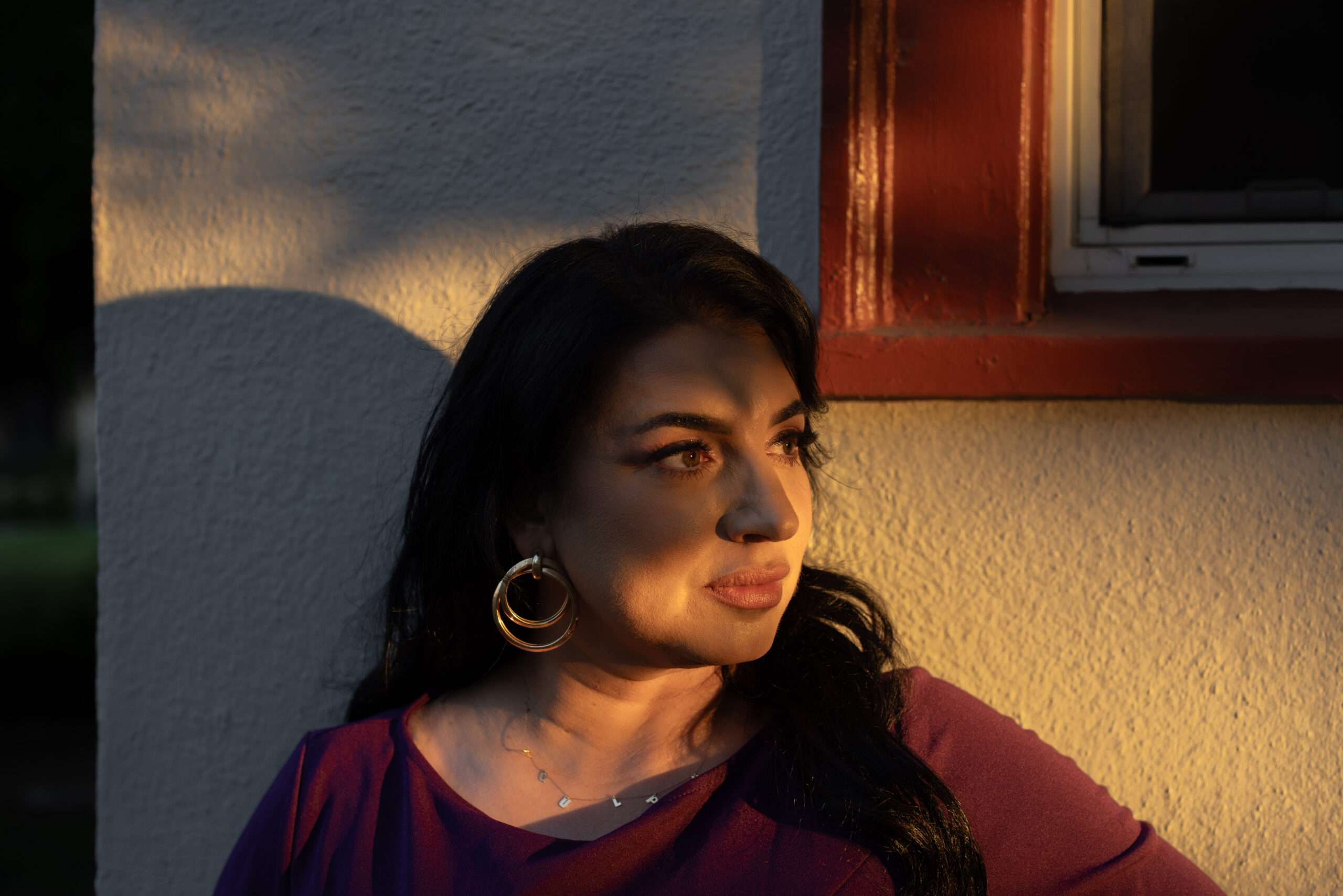Supreme Court Declines to Review Case Involving Officer Who Shared Abuse Report with Victim’s Abuser
Desiree Martinez, a woman from California, will not be able to pursue legal action against a police officer implicated in the leak of her confidential abuse report to her violent boyfriend, Kyle Pennington. The U.S. Supreme Court recently chose not to review her case, thus concluding her nearly ten-year long quest for legal recourse against the officials whom she alleges facilitated her abuse. Martinez had filed a federal civil rights lawsuit in 2015, accusing Clovis police officers of disregarding her repeated reports of abuse. She contends that the police officers failed to act due to Pennington’s own affiliation with the Clovis police department. The U.S. Court of Appeals for the 9th Circuit upheld the notion that the officers, including the one who allegedly informed Pennington of her abuse report, were protected under the doctrine of qualified immunity. This legal principle effectively shields government officials from accountability unless their actions violate “clearly established” rights outlined by existing case law.
The qualified immunity doctrine has been a point of contention, allowing government officials—including police officers—to evade liability even when constitutional rights violations are identified. While proponents argue that this doctrine protects officers from meritless lawsuits, it too often obstructs genuine allegations of civil rights abuses from making it to court. The Institute for Justice, a public interest law firm advocating for individual rights, represented Martinez, and expressed their disappointment following the Supreme Court’s decision. Anya Bidwell, a senior attorney for the firm, articulated her dismay and noted that the blanket protection provided by qualified immunity undermines the fundamental notion that public officials should be held accountable for their actions.
Martinez’s petition to the Supreme Court detailed a harrowing incident following her filing of a confidential report of abuse against Pennington. During a heated argument, Pennington had a fellow officer, Channon High, on speakerphone, during which High confirmed to him the existence of the report. Martinez claims that after the call, Pennington physically and sexually assaulted her. Though Pennington faced legal consequences, including a conviction for violating a restraining order, the reduced charges he ultimately faced highlight the complexities of legal accountability surrounding domestic abuse. Martinez’s lawsuit claimed that Officer High violated her due process rights under the 14th Amendment by disclosing sensitive information to her alleged abuser.
The lengthy legal journey illuminated how the qualified immunity framework often inhibits genuine claims of governmental misconduct before they can be assessed in court. Initially, a U.S. district court ruled that Officer High could not claim qualified immunity, finding that sharing confidential details of a domestic violence case with the accused abuser constituted a violation of the victim’s rights. However, despite affirming that High’s actions placed Martinez in further danger, the 9th Circuit later determined that the existing case law did not adequately parallel Martinez’s situation, thereby granting High immunity.
This outcome underscores the struggles plaintiffs like Martinez face in obtaining justice; the requirement for a nearly identical precedent to establish constitutional rights often prolongs litigation and overlooks novel incidents of abuse. The qualified immunity doctrine effectively stalls many civil rights lawsuits, allowing serious constitutional violations to go unpunished. While the Supreme Court has occasionally overturned particularly egregious applications of qualified immunity, it has refrained from reevaluating the doctrine in its entirety, leaving cases like Martinez’s without clear legal paths for accountability.
Consequently, Martinez’s case exemplifies broader issues surrounding qualified immunity and its implications for victims of domestic violence and government abuse. The legal framework in place often places victims in a precarious position where their rights may be violated with little recourse. While advocates argue for reform to dismantle or significantly alter the qualified immunity doctrine, the challenge remains complex and deeply entrenched within the judicial system. Until reform is achieved, victims like Martinez may continue to find themselves deprived of a meaningful path for justice against those who hold positions of power and are therefore expected to protect, not endanger, their well-being.
Share this content:












Post Comment